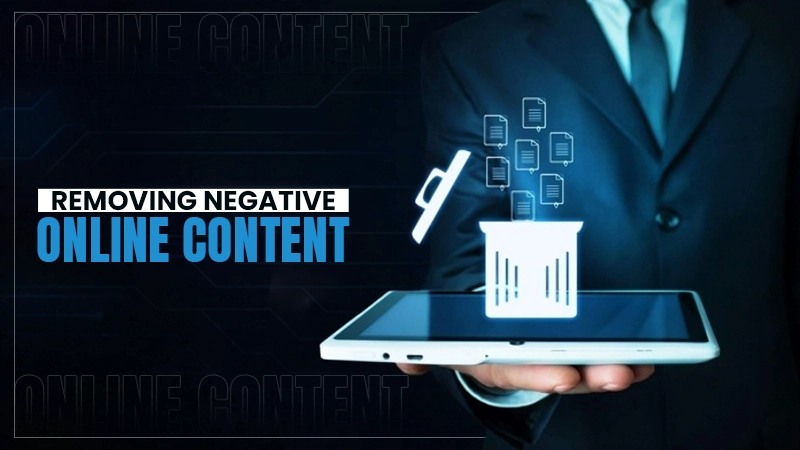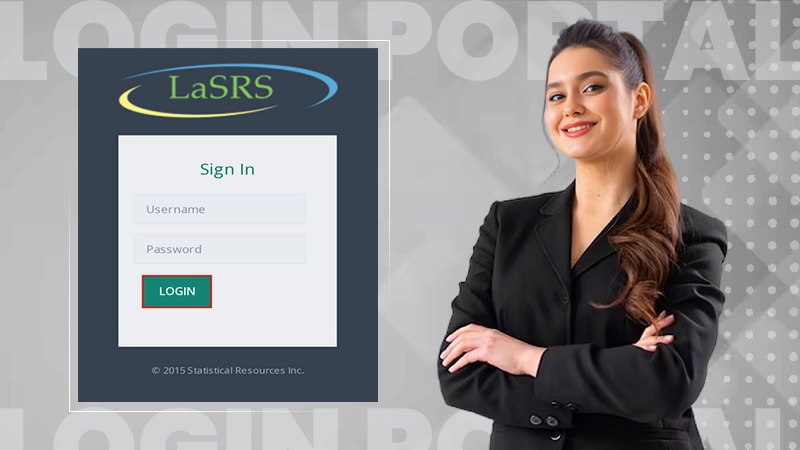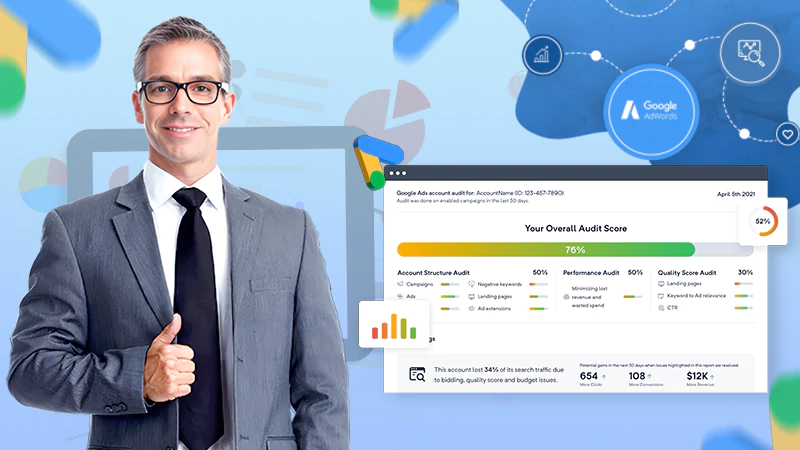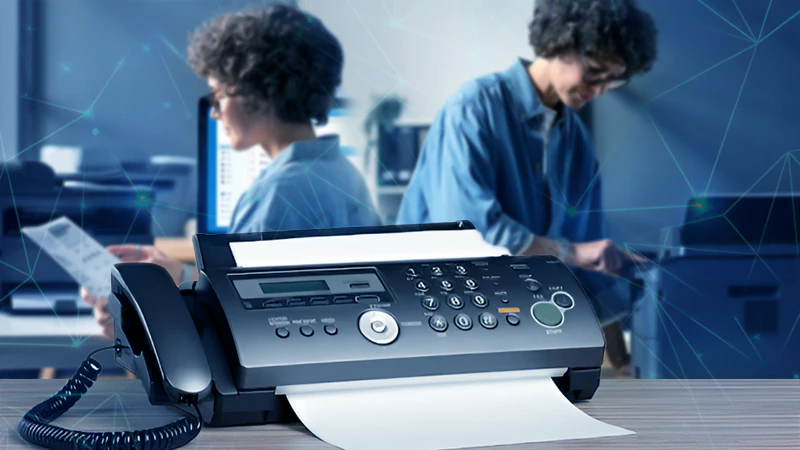Are Enterprise CMS Necessary and What are Their Benefits?
We all know the benefits of the CMS platforms – they help you manage and organize content in your company, especially when it comes to websites. But what about enterprise CMS platforms? As their name indicates, they are designed strictly with medium-sized and large companies and businesses in mind. Let’s take a closer look at them.
Also Read: Technology Resolutions for a New Business
At some point in the development of your company, you discover that functions and features of the ordinary CMS platform are no longer sufficient. This is primarily because there are more channels and forms of content that you use to communicate with your target audience. That’s where enterprise CMS platforms up your game.
What is an Enterprise CMS?
CMS stands for a content management system, and it is a platform (typically cloud-based) that allows you to create, manage and edit digital content on the website and in other marketing channels easily (without the HTML or CSS knowledge). Enterprise CMS is similar to any other CMS when it comes to its functionality. However, this kind of software provides you with additional features and facilitates managing an ever-increasing content base. It is primarily developed for medium and large-sized organizations.
Differences Between Enterprise CMS and Small-Scale CMS
The most popular CMS by far is WordPress. This open-source CMS solution is perfect for simple business websites and blogs. WordPress CMS is free to download, easy to install and use. It provides all the necessary features that can be extended with thousands of plugins.
On the other side, enterprise CMS platforms provide more functionality and versatility. A growing company will eventually have more stakeholders, traffic, and content, often in multiple languages and for different sales and marketing channels. Due to the increasing amount of digital content, information architecture is likely to become more complex. Plus, there is likely is more than one team managing content in your organization. Small-scale CMS solutions will have a hard time managing content at this point. And that’s when you need an enterprise CMS platform. Learn more about its benefits with NoaIgnite
The Benefits of Enterprise CMS Software
All Content in One Place
With an enterprise-level CMS, you can maintain all of your content in one place (via an intuitive dashboard). The unified platform allows you to create, preview, examine and publish content for various brands and languages and multiple purposes such as social media, mobile marketing, or newsletters. Since you have everything in one place, editors can log in once and access all types of information.
Customizable Architecture
An enterprise CMS allows for a high level of customization. It also enables the management and integration of multiple websites across enterprise-level companies. This hybrid solution will enable you to exchange data with existing external systems, e.g. traffic analytics, Office265, Facebook, Twitter, or online stores. If a modern corporate system doesn’t have ready-made modules for integration, its architecture is so flexible that it can be adapted at any time.
Personalised Content
There is no doubt that personalization plays a key role in user experience. It makes UX more productive and engaging. Enterprise CMS is useful also in this context. For instance, Episerver enables you to create various personalization scenarios and determine what content is shown to each user group.
Investment for the Future
With the development of your business, not only your goals may change and hence – the requirements for CMS functionality. We have to be upfront here: If your business grows, you may need to adapt your CMS to completely new circumstances. More content on the webpage(s), more data, more channels – with enterprise CMS, it will be much easier for you to manage them all without overloading or disorganizing them. Moreover, this solution will save you both money and time. Enterprise CMS is an investment for the future.
Consider your CMS choices carefully. One day you may want to offer many different services and products. When using a basic CMS like WordPress, you may have difficulty maintaining your business website. When it comes to creating value for your company, the CMS is the one spot where all of your content and data are analyzed. Having a flexible CMS architecture is the key to your company’s growth.
If you want to know more about enterprise CMS, read this thorough guide: What is an enterprise CMS and who needs one?
The Challenges and Benefits of Removing Negative Online…
Unlock the Simplest Way to Access LaSRS Login…
Strategic Wins: How SafeOpt Can Boost Your Online…
5 Reasons Why Marketing Matters in Business?
Google Ads: What Are the Basic Checklists to…
The Crucial Role of Press Releases in a…
8 Best Tech Tips to Implement for Better…
Fax Machines in the Digital Age: A Sustainable…
Breaking Barriers: The Power of Business Translation Services
Why Do Businesses Need a Dedicated Mobile App?
The Role of Onboarding in Improving Employee Retention…
3 Major Benefits of Onsite IT Support












